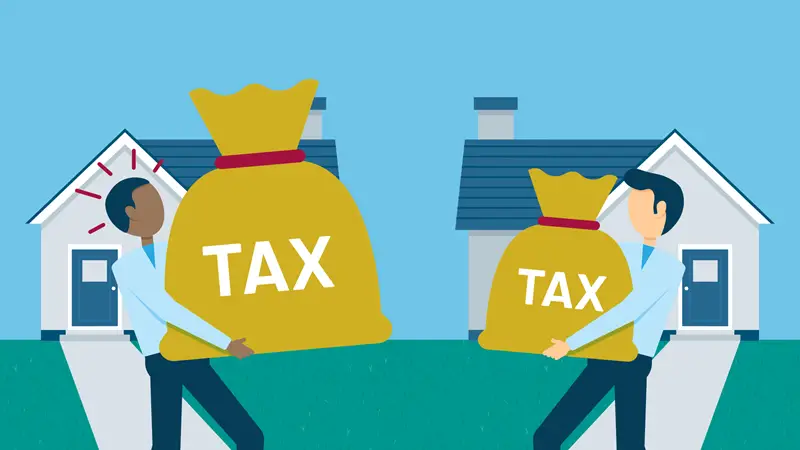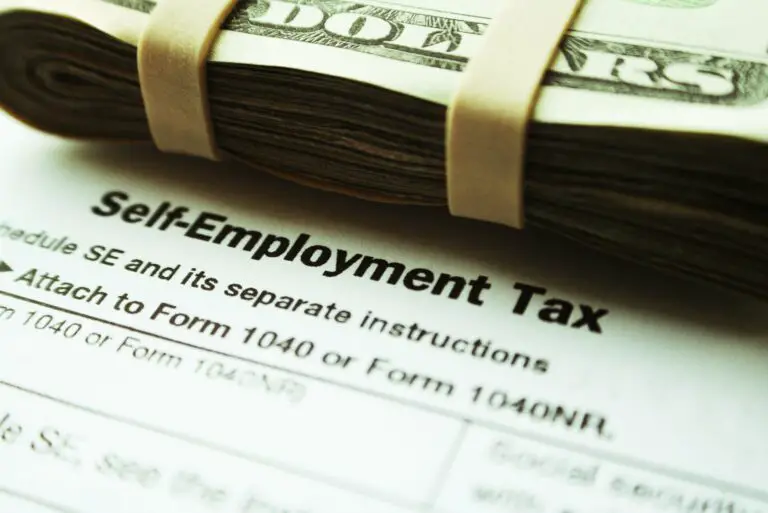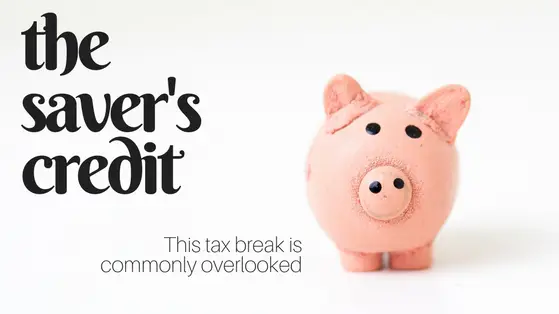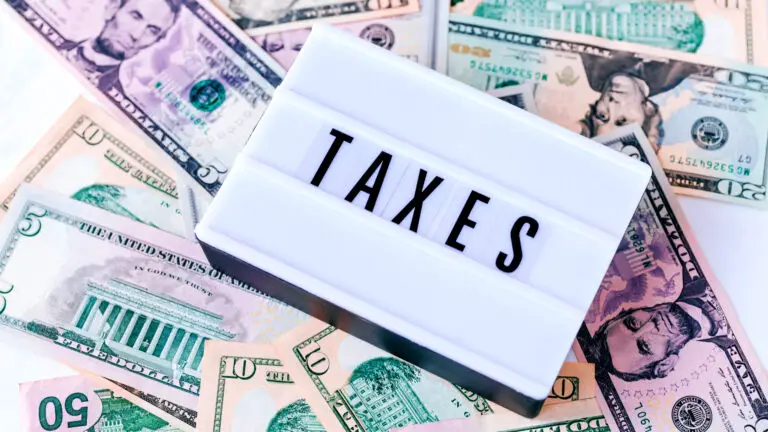What Are Property Taxes?
Table of Contents
What are property taxes?
Property taxes are a form of taxes that people have to pay on any “property” that they buy. Property taxes are taxes that property owners have to pay every year typically on things like housing and vehicles of just about every sort. Property taxes are paid on houses, office buildings, cars, motorcycles, boats, and more.
Property taxes are used to fund government functions. These government functions can include local and community services, schools, infrastructure, and other projects. The price of these taxes can vary from location to location. These taxes are generally levied by state and local municipalities and used to fund school districts, community amenities, and other local expenses and projects.
How property tax is caculated!
If you ever wanted to estimate the value of the taxes you’ll pay on your property, one formula you can use is:
Property Tax = Assessed Value x Tax Rate
Admittedly, this equation doesn’t take into account very many factors that can affect your property taxes so the answer you come up with will only be an estimate and may not mirror how much you actually end up paying. State and local laws determine how property taxes are calculated, and property taxes are evaluated using the property’s value and the city’s tax rate.
A property’s value takes many factors into consideration, including the physical home, the land, and other personal property like cars. This value is determined by an assessor who works with a local taxing authority and keeps track of the local property values. Because a home’s property value is closely monitored, changes in a property can cause a property tax increase or decrease.

How to pay your property taxes!
When it comes to people’s homes, most property tax payments are part of the homeowner’s monthly mortgage payment. This is because mortgage servicers often collect the tax payment in monthly installments as part of your mortgage payment and it’s put in an escrow account. This account is then tapped to make the payment when it’s due.
If you don’t pay your property tax as part of a monthly mortgage payment, you’ll pay the tax office directly, and you should receive a bill in the mail that includes payment directions. Homeowners can choose to make annual or semi-annual payments directly to their tax authority when they’re due. Mortgage lenders may put their own restrictions on this option so that they can be reasonably sure your home won’t be taken in a tax foreclosure.
Assessors evaluate the value of personal property every year to determine how much a piece of property is worth and therefore how much tax is owed on it. When assessors prepare the tax assessments that are sent to all property owners, they take into account the value of the actual home, its land, and other personal property such as cars or boats. The tax assessor may also work with the local taxing authority, who are in charge of setting the tax rate for their municipalities, to keep track of local property values.
Property tax deductions!
In order to claim a deduction on property taxes paid, one needs to file itemized tax returns as opposed to the standard tax return. State and local property taxes are generally eligible to be deducted from the property owner’s federal income taxes. The Tax Cuts and Jobs Act (TCJA) capped the property tax deduction, along with other state and local taxes, starting with 2018 taxes. The law capped the deduction for state and local taxes, including property taxes, at $10,000 ($5,000 if married filing separately) where previously, there was no limit on the deduction.
In addition, under the new law homeowners who deduct mortgage interest are limited to the amount they pay on $750,000 worth of debt, down from $1 million. Interest on homes bought on or before Dec. 15, 2017, is guaranteed as a special exception at the previous rate.
The real estate taxes that can be deducted include taxes paid at closing when buying or selling a home and taxes paid to a county or town’s tax assessor on the assessed value of the personal property. Taxes paid on rental or commercial property and on property not owned by the taxpayer can’t be deducted.
Property use for spiritual or religious purposes can be tax-exempt. Another way to get a deduction on your total taxes is if you’re self-employed and use your home as an office. This allows you to deduct part of the value of your home from your taxes.
Tips for keeping your property taxes low!
When it comes to property taxes there are a few things you can do or not do that would affect your tax bill and help keep it low. Here are a few things to keep in mind:
- Any changes to your home, like building a deck, a pool, remodeling, and etc. will likely increase the value of your home. This will have the added affect of increasing your property taxes.
- While assessors do work within a specific set of guidlines they are still somewhat subjective. Your house is being compared to that of your neighbors in order to determine it’s value. If you do want to make any improvements to your house, it might be a good idea to wait until after your house is assessed to do so.
- Some states and municipalities lower the tax burden for these groups of people: seniors, veterans, people with disabilities, agricultural properties, and homestead exemptions.
- You can also appeal your tax bill. Filing a tax appeal may cost you a small filing fee, which is paid to have someone review your appeal, and if the appeal is successful it will only lower the assessment on your home not your effective tax rate. You will still be taxed at the same rate, but it will result in a reduction in your tax bill.
If you want to have a much better idea of how much taxe you owe on your property. Here’s a calculator from SmartAsset
https://smartasset.com/taxes/property-taxes
Disclaimer: I am not any sort of investment or financial professional giving any sort of legal advice. I’m just some guy trying to teach other people about how they might navigate the financial world.







